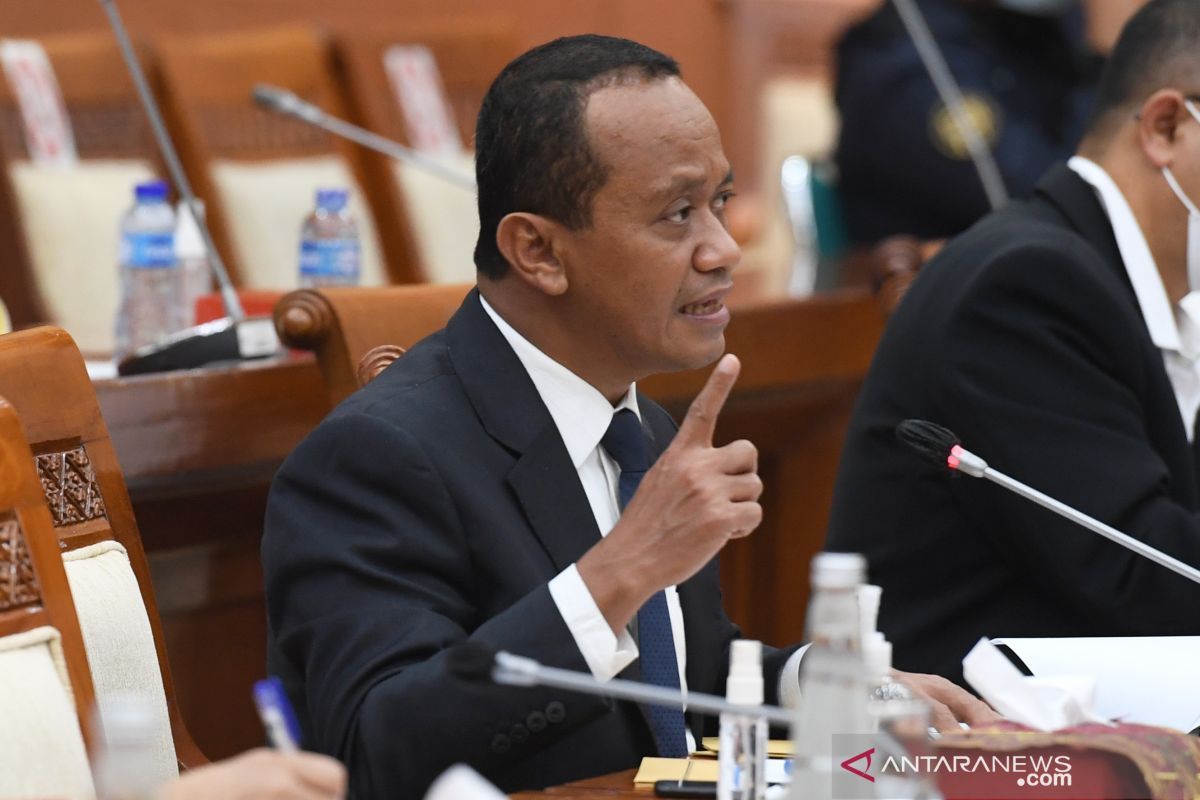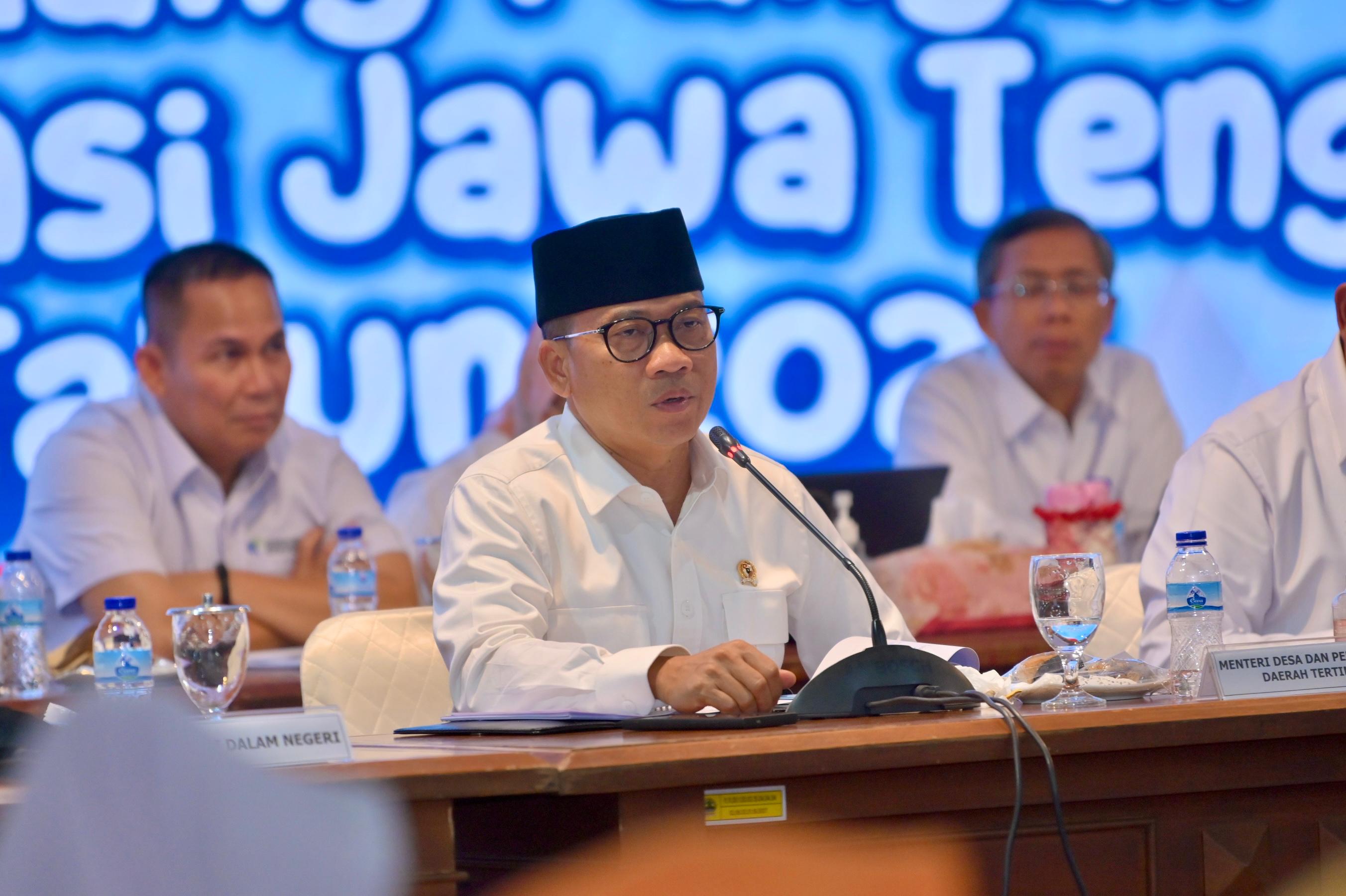Corruption Allegations Against Jokowi Seen as Trigger for Ubedilah Badrun's Removal from UNJ Department Chair
The Rector of Jakarta State University is reported to have removed Ubedilah Badrun from his position as the Chair of the Sociology Department without clear reasons.

TEMPO.CO, Jakarta - SETARA Institute suspects that the removal of from his position as the Chair of the Sociology Department at Jakarta State University () was due to his frequent scrutiny of corruption allegations against the seventh President, Joko Widodo (Jokowi), and his family. Hendardi, the Chairman of the National Council of SETARA Institute, stated in a written statement on Monday, January 3, 2025, "Ubeid's activism, which repeatedly targeted allegations of corruption and nepotism involving Jokowi's family, is believed to be one of the main triggers for his unusual dismissal."
He believes that although the rector has the authority to dismiss from the position, there is no strong reason that can be justified for his suspension from that position. Hendardi is convinced that Ubedilah has performed well and achieved several successes for the program under his leadership.
Hendardi accuses UNJ's rector's actions as a form of passive suppression of academics and activists. He sees rectors as being used as instruments of power within the Jokowi regime. "This is a way to weaken the resistance, criticism, and activism practiced during Jokowi's tenure."
He stated that passive suppression generally targets academics and public figures. This is done by obstructing career advancement to become a full professor or by removal from positions in the campus. In addition to career paths, according to Hendardi, passive suppression is currently also being pursued through the granting of mining permits through the ongoing revision of the Minerals and Coal Mining Law.
Hendardi also mentioned the freedom of expression and opinion in Indonesia. Based on the Human Rights Index 2024, the indicator scores for freedom of expression and opinion were 1.1, a decrease of 0.2 points from the 2023 Human Rights Index on a scale of 1-7. Meanwhile, the Economist Intelligence Unit (EIU) research, which released the democracy index of countries in the world, placed Indonesia at rank 56 with a score of 6.53 in 2023. This figure indicates a decrease by two levels from 2022.
Editor’s Choice:
to get the latest news updates from Tempo on Google News



















